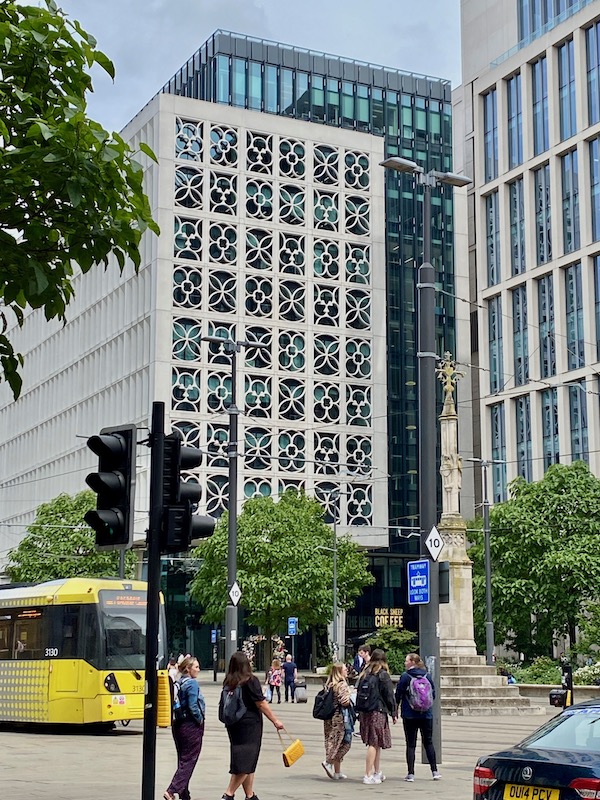Is disruption the new paradigm?

Just when you think you have got a service or product working nicely, along comes something that upsets that routine and requires you to change or rethink.
George Osborne used the term “cocktail of threats” to describe the factors, such as instability in the Middle East and volatility in the global stock markets, that continue to impact the economic recovery in the UK.
Over the last few weeks and months, nature has also wreaked havoc in the UK following the unprecedented effects of storms’ Abigail, Desmond and Frank. Now the Environment Agency and UK Government, with other agencies and associated advisers, will have to reconsider the effectiveness and value of their investment in UK flood defence strategy.
Change is ever present but disruption always feels negative and inconvenient. Is there another way to look at disruption and place it in a positive, progressive light?
Any key stage of history will be underpinned by disruption – a disturbance or problem that interrupts an event, activity or process.
Steam-powered mechanisation initiated the first industrial revolution in the 1750’s, which disrupted the traditional textile industry – resulting in significant growth and prosperity for the mill owners, but a reduction in labour.
Henry Ford’s Model ‘T’ car rolled off the new production and assembly line in 1913 taking a total of 93 minutes to assemble. This disrupted the transportation sector significantly and established the second Industrial revolution – mass production. Fifty years later, computers came along and the third industrial revolution – technology – changed everything all over again.
We are now, though, entering what some believe to be the fourth Industrial revolution – the computerisation of manufacturing, providing contemporary automation, data exchange and advanced manufacturing technologies.
Will this disrupt business as usual in the construction sector? I believe the answer is yes – in fact, it’s already happening.
I believe that this is already disrupting Construction with the development and of the UK Government’s Construction Strategy. Building Information Modelling (BIM), Design for Manufacture and Assembly (DfMA), Project Collaboration, Integrated Project Delivery (IPD) etc. are terms that we are becoming more familiar with but for which, certain Contractors are investing significantly to ensure their business sustainability over the coming decades.
Laing O’Rourke’s capital investment programme is a credit to UK Construction with their £150m+ investment in two state-of-the-art Advanced Manufacturing facilities in the UK.
So, with financial capital at its cheapest, the challenge of growth in professional technical services is investment in human resource.
Combining new and existing talent with the knowledge and expertise to develop new innovative products and services can deliver disruptive innovation to the market.
Whether in land, property or construction, it’s best therefore to disrupt, rather than be disrupted.
[Printed in RICS Modus Magazine, April 2016]







Leave a Reply